How Communities Are Changing the Way We Think About Aging in..
8 Min Read
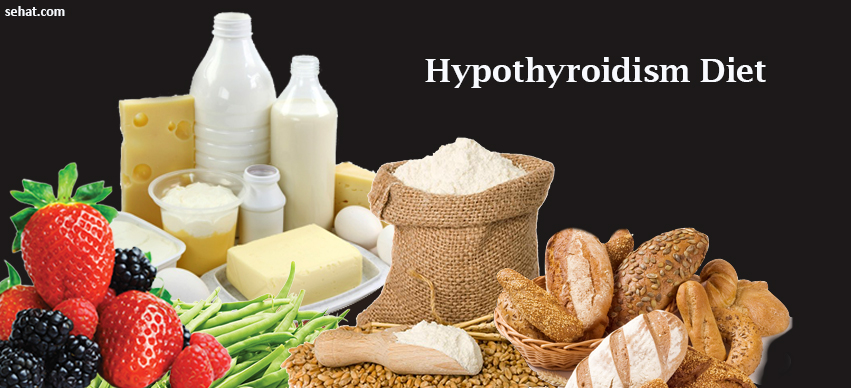
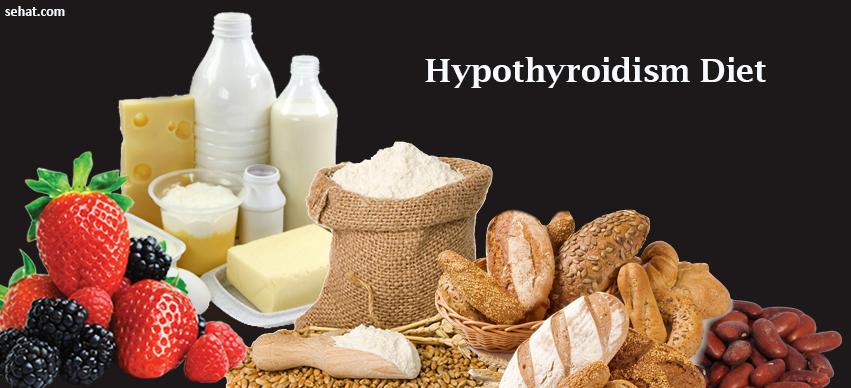
The Thyroid is an important endocrine gland located in the front part of the neck. The hormones released by this gland control various important functions of the body. Hypothyroidism or underactive thyroid is a common thyroid disorder in which the thyroid gland does not produce enough hormones. Underactive thyroid leads to slowed down metabolism.Hypothyroidism is a tricky health condition and what you eat can affect your treatment. In this article we have listed some of the foods that you should eat and some foods that you should avoid if you have hypothyroidism.
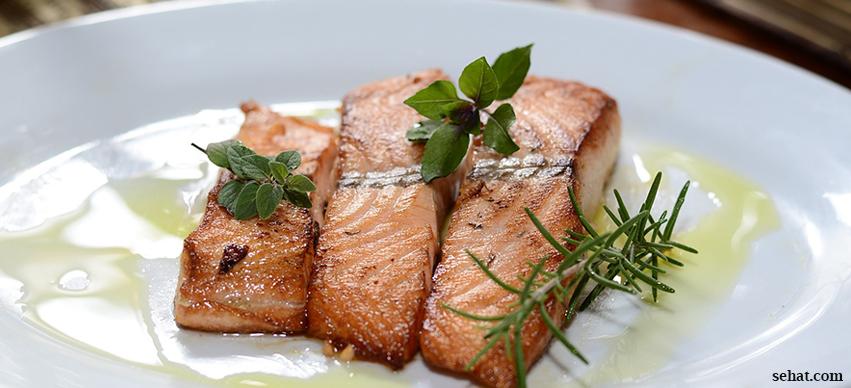
Wild caught salmon, mackerel, sardines and tuna form an important part in a hypothyroidism diet because these fishes are rich in iodine and selenium, both of which are essential for maintaining hormone balance and thyroid function. These fishes are loaded with omega-3 fatty acids. Balancing the level of omega-3 and oemga-6 fatty acids in the body helps to support healthy neurological functions and reduce inflammation.
Seaweed must be included in a low thyroid diet because it is one the best natural sources of iodine. Iodine functions as a precursor for the production of thyroid hormone. You can choose from a wide range of varieties such as Nori, Wakame and Dulse and include them in salads, soups and Sushi.
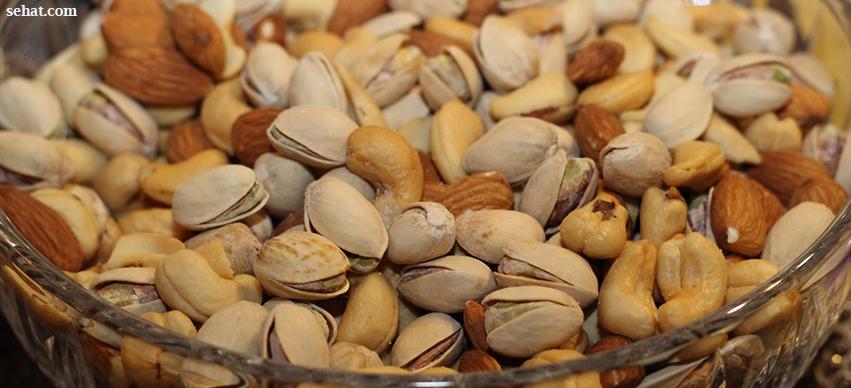
Nuts such as Brazil nuts, Hazel nuts, Macadamia nuts are some of the best foods for hypothyroidism. Nuts are a potent source of selenium that supports proper thyroid function. Selenium directly regulates thyroid hormone production and supports the conversion of thyroxin (T4) to triiodothyronine (T3). But be careful about the portion size of nuts because they are very high in fat.
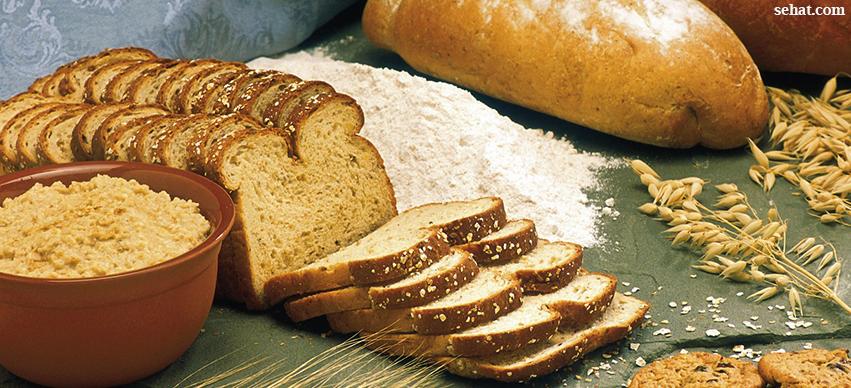
One of the common side-effects of hypothyroidism is constipation. Whole grain foods such as brown rice, brown bread, wheat pasta, etc are packed with fiber that helps to promote bowel regularity. But the high-fiber content in these foods can interfere with synthetic thyroid hormones therefore, it is best to take the thyroid medication several hours before eating fiber-rich foods.
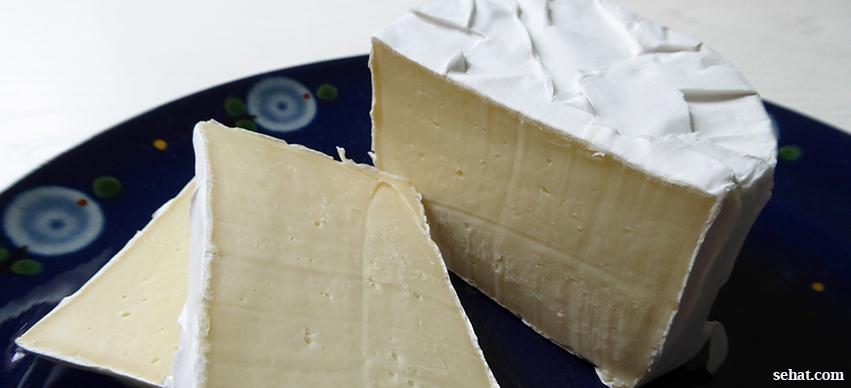
Research shows that deficiency of vitamin D is closely related to Hashimoto's disease (an autoimmune disease), one of the most common cause of hypothyroidism. Fortified dairy products are a great source of vitamin D that helps to transport thyroid hormone into the cells and directs proper hormonal pathways. It also regulates wayward immune function.
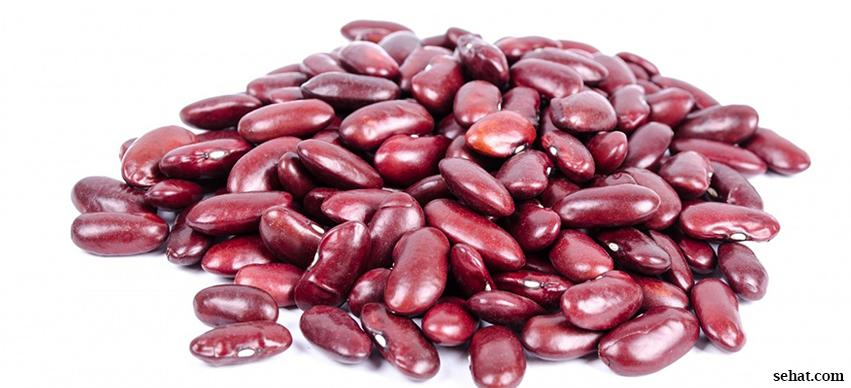
Beans of all types such as black beans, lima beans, navy beans, pinto beans, red kidney beans and split beans are great sources of iodine. They are also potent sources of dietary fiber that helps to relieve the problem of constipation in people suffering from hypothyroidism. The proteins, antioxidants, vitamins and minerals in beans help to provide energy to the body and helps to relieve tiredness and weakness caused by hypothyroidism.
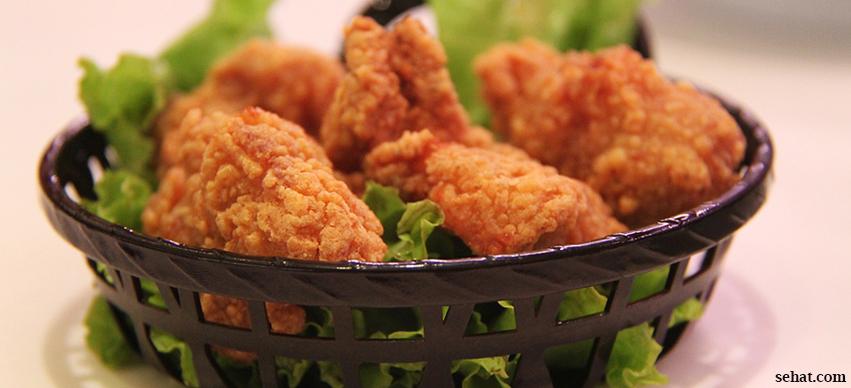
The thyroid gland requires adequate amount of protein to function properly and produce thyroid hormones and this holds true even if you are taking thyroid medication. Organic free range eggs, chicken and turkey contain tyrosine, an important amino acid that combines with iodine and supports the function of the thyroid gland. But processed meats and smoked meats don't fall in this category.
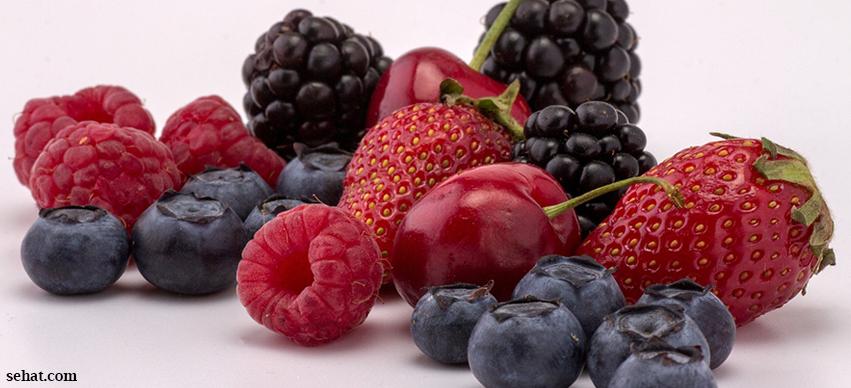
Berries such as cranberries and strawberries are exceptionally rich in iodine. Four ounces of fresh cranberries contain almost 400/mcg of iodine while one cup of strawberries contains approximately 13/mcg of iodine. You can opt for fresh strawberries and cranberries or drink cranberry juice. But it is best to avoid ready-made juices from the store because they are usually high in sugar.
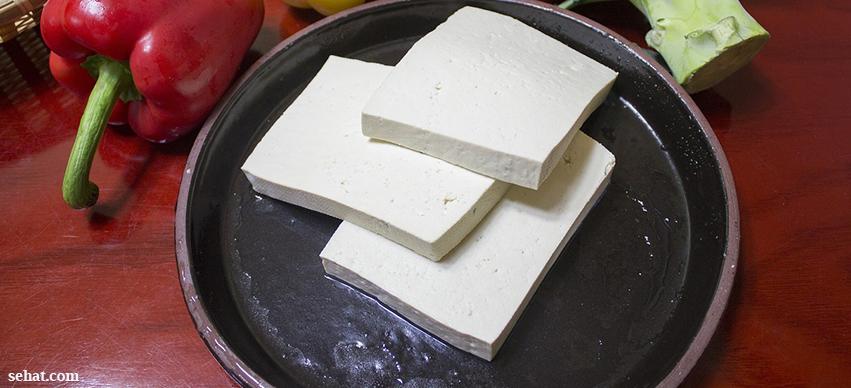
This is one of the foods to avoid if you have thyroid problems. Research shows that hormone estrogen interferes with the body's ability to use thyroid hormone. Soy bean and soy products such milk, tofu, soy chunks, etc. are loaded with plant-based phytoestrogen that increases a person's risk of developing hypothyroidism.
Cruciferous vegetables such as cabbage, broccoli, cauliflower, etc are known as Goitrogenic Foods. These foods impede the body's ability to absorb iodine which in turn interferes with the production of thyroid hormone. People with hypothyroidism should avoid the consumption of broccoli, cabbage, cauliflowers, Brussels sprouts, kale, turnips and bok choy. But it has been seen that cooking these vegetables can considerably reduce their iodine blocking effect.
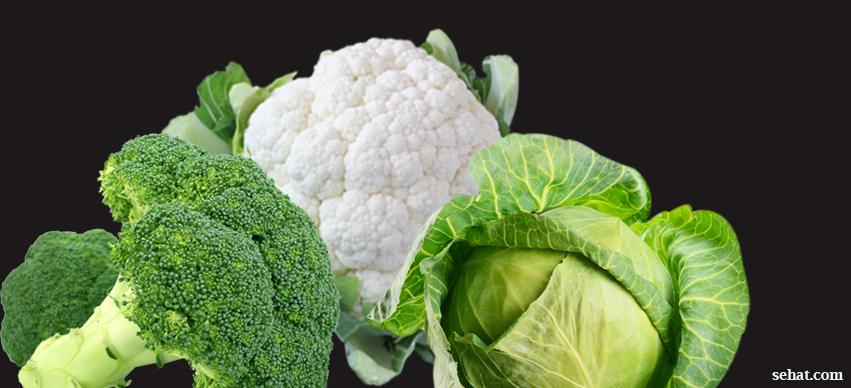
Gluten is a combination of two proteins that are found in cereal grains such as wheat, barley, rye, etc. Gluten-rich cereals are considered one of the bad foods for thyroid because it they can irritate the small intestine and obstruct the absorption of thyroid replacement medication. In addition, low thyroid problems caused by autoimmune diseases are triggered by gluten in most cases. When gluten passes through the gut lining and into the blood stream, the immune system tries to destroy this foreign invader and in the process also attacks the thyroid by mistake.
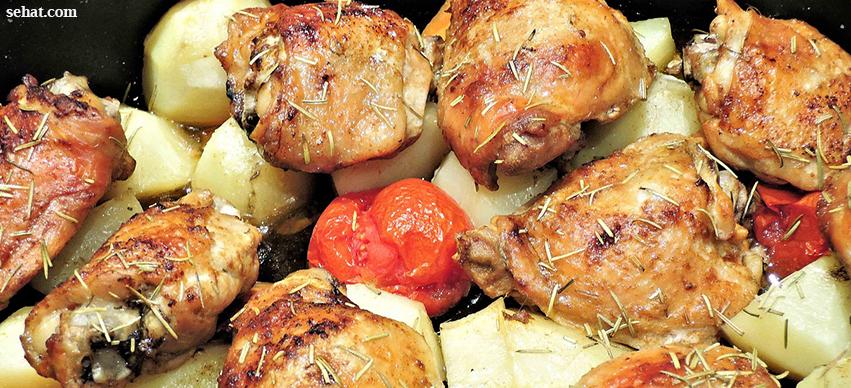
The trans fats and oxidized polyunsaturated Fats found in butter, margarine, mayonnaise, fatty cuts of meat and industrial seeds oil such as sunflower oil, corn oil, soybean oil, canola oil, rice bran oil, etc promote inflammation in the body and interfere with the thyroid gland's ability to produce hormone. These fats also disrupt the body's ability to absorb thyroid hormone replacement medicines.

Sugar and sugary foods such as candies, chocolates, cakes, sweets and desserts are extremely harmful for the thyroid gland. Sugar slows down metabolism and has a destructive effect on the immune system. It increases inflammation in the body and worsens the autoimmune diseases. It promotes gut infections and lead to leaky gut syndrome, an initiator and driver of Hashimoto’s Thyroiditis.

People suffering from hypothyroidism should avoid alcohol consumption because it can affect both thyroid hormone levels in the body and the ability of the thyroid gland to produce the hormone. Alcohol has a toxic effect on the thyroid gland and it suppresses the ability of the body to use thyroid hormone produced by the gland. It can also interfere with the effectiveness of thyroid hormone replacement medicines.
Other than the foods, treatment plays a crucial role in controlling and reversing hypothyroidism. Proper treatment can help to relieve fatigue, lower cholesterol levels and reverse weight gain. If you are looking for an experienced endocrinologist in Indore then you can get in touch with Dr. Abhyuday Verma who specializes in thyroid conditions and has a vast experience in the relevant field.